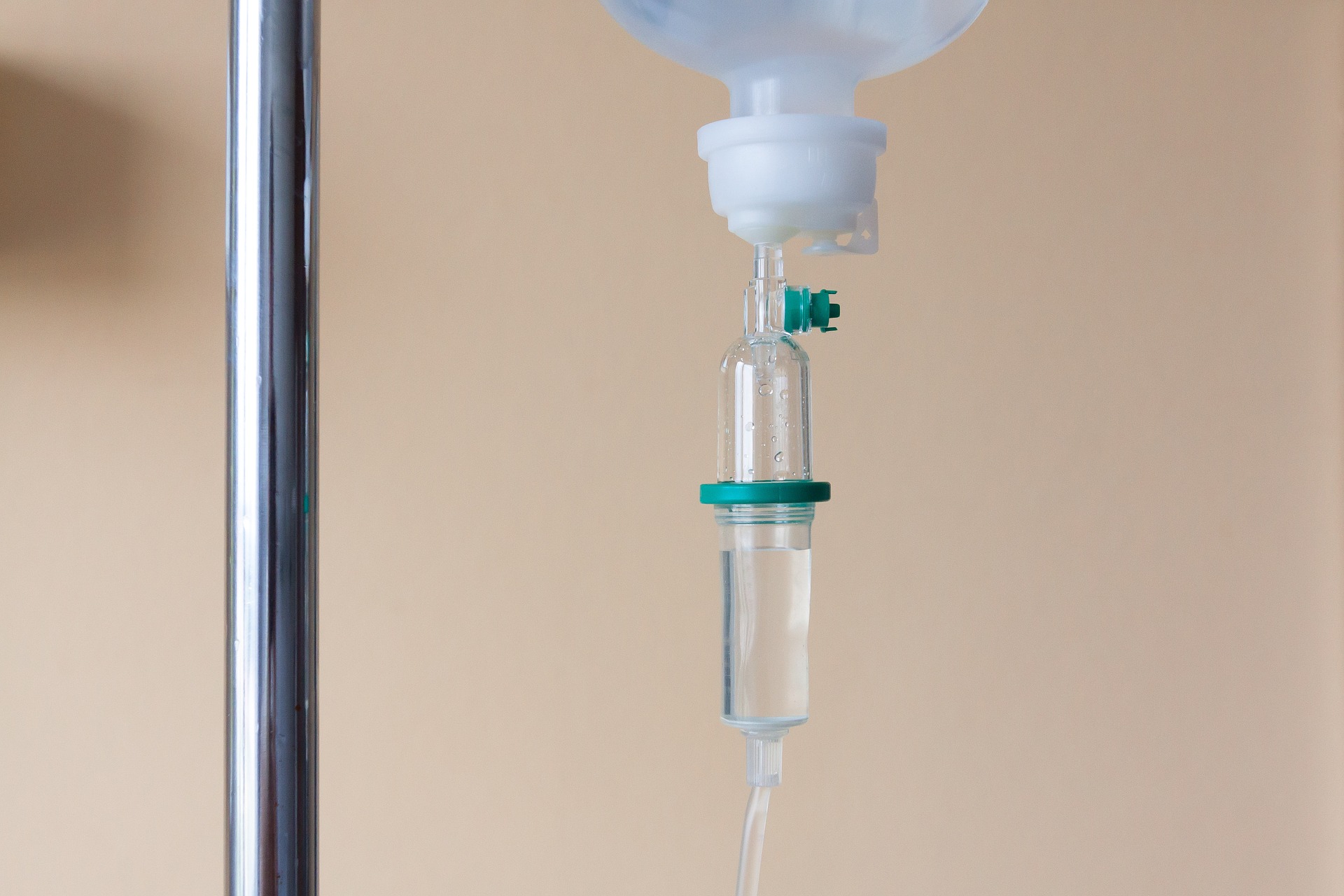Morphine is an opioid that’s usually used as a treatment for high levels of pain. Unfortunately, if you take the drug for a long period, you can easily develop a dependency and this can lead to extended use, long after the prescribed period.
What causes morphine withdrawal?
Under the right conditions, morphine can be just as addictive as heroin and this can lead your body and brain to become dependent on it. Once your brain and body have become dependent on morphine, any attempt to kick the habit e.g. by significantly reducing the dosage will result in morphine withdrawal symptoms.
The speed with which the withdrawal symptoms set in and how long they last will vary from one user to another. Patients who have to take the drug regularly or over an extended period are quite susceptible to these withdrawal symptoms after they stop taking the drug. The typical detox period for morphine is usually between 3 and 4 days. The withdrawal symptoms start a few hours after the last dose with the most severe of the withdrawal symptoms being felt after around 72 hours in most cases.
Instead of kicking the habit at once, it is more advisable to taper the usage over ten days. This reduces the severity of the withdrawal symptoms by giving the brain and body time to adjust to decreasing levels of morphine in the system.
Typical Morphine Withdrawal symptoms
A person who stops taking morphine after a period of prolonged use can experience:
- Flu like symptoms e.g. coughing, sneezing, running nose, chills, nausea, aches all over the body and lack of appetite.
- Panic attacks
- Anxiousness
- Sleeplessness
- Depression
- Dizziness
- Hot flashes
- Twitching of muscles
Even patients who have been taking morphine under prescription for an extended time period are likely to experience these symptoms.
Where to Detox
The best place to deal with the withdrawal symptoms of morphine is in an environment where you are surrounded by supportive people. Some people like to do it at home, although this isn’t always easy, especially when the withdrawal symptoms become very severe. It can be very tempting to resume usage of the drug in this situation.
Detoxing in a controlled environment where you can be monitored by healthcare professionals is a better choice. A doctor can come up with a plan to gradually reduce the dose of morphine for a few days. They may also prescribe other drugs that can reduce the severity of the withdrawal symptoms.
What do you need during morphine detox?
To help you to cope with the severe withdrawal symptoms that sometimes come when detoxing from morphine you will need emotional support especially from your loved ones or spiritual guides. Some patients also like to use certain herbal remedies but you should clear this with your doctor before you try. Some patients also try mind-body treatments such as meditation, massages, acupuncture, aromatherapy, yoga and tai chi to help them deal with the withdrawal symptoms.
It’s important to remember that gradual reduction of dosage is the most effective way of dealing with morphine addiction. Patients who quit cold turkey have shown a greater likelihood for relapsing. It is also important to address other psychological issues that may be behind your addiction.
Article Submitted on behalf of drugrehab-isleofwight.uk and alcoholrehab-isleofwight.uk









